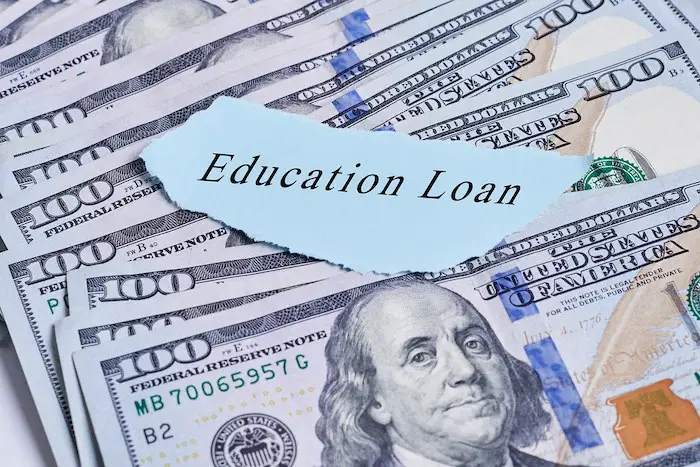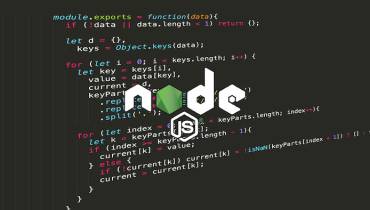Pros and Cons of Student Loan Forbearance

One of the options available to federal student loan borrowers who are struggling to make payments is forbearance.
This option allows borrowers to temporarily stop making payments on their loans or reduce their monthly payment amount. This can be a helpful option for borrowers who are experiencing financial difficulties or who are unable to make their regular loan payments for other reasons.
During forbearance, interest will continue to accrue on the loan, and the borrower will be responsible for paying this interest when forbearance ends. An alternative to forbearance would be a debt consolidation so you can make one monthly payment.
Types of Loan Forbearance
There are two types of forbearance: mandatory and discretionary.
Mandatory forbearance is typically available for borrowers who are experiencing financial hardship or who are enrolled in an eligible medical or dental residency program.
Discretionary forbearance is available at the lender's discretion and may be granted for other reasons, such as returning to school or serving in a military combat zone.
Borrowers who are considering forbearance should contact their lender to discuss their options and determine whether they are eligible.
Forbearance can be a helpful option for borrowers who are facing financial difficulties. However, there are also some drawbacks to consider before deciding whether or not to pursue this option.
It is also important to note that this forbearance is different from the forbearance offered in response to the COVID-19 pandemic.

Here are some of the biggest pros and cons of student loan forbearance:
PROS:
1. Forbearance can provide temporary relief from loan payments. This can be helpful for borrowers who are facing a reduction in income or increased expenses due to the pandemic or other reasons.
2. You may be eligible for extended forbearance if you are a student loan borrower who is also experiencing economic hardship due to the pandemic.
3. By temporarily suspending or reducing payments, borrowers can better align their monthly expenses with their income. This can help to avoid default and late fees, as well as damage to their credit score.
CONS:
1. Although you will not have to make payments on your loans during forbearance, interest will continue to accrue. This means that your loan balance will increase during this time.
2. Forbearance is only a temporary solution. Once it ends, you will still be responsible for making payments on your loans, plus any accrued interest.
3. If you are unable to make payments when forbearance ends, you may end up defaulting on your loans, which can damage your credit score and have other serious consequences.
In Conclusion
Before deciding whether or not to pursue student loan forbearance, be sure to weigh the pros and cons carefully. This option can provide temporary relief from loan payments, but it is important to remember that interest will continue to accrue during this time.
If you are unsure whether or not you will be able to make payments when forbearance ends, it may be best to explore other options.






![The Story Behind Some of the World's Most Famous Logos [node:title]](/sites/default/files/styles/front_featured__front_/public/iconic-logos.png?itok=RjjZmoFE)





























